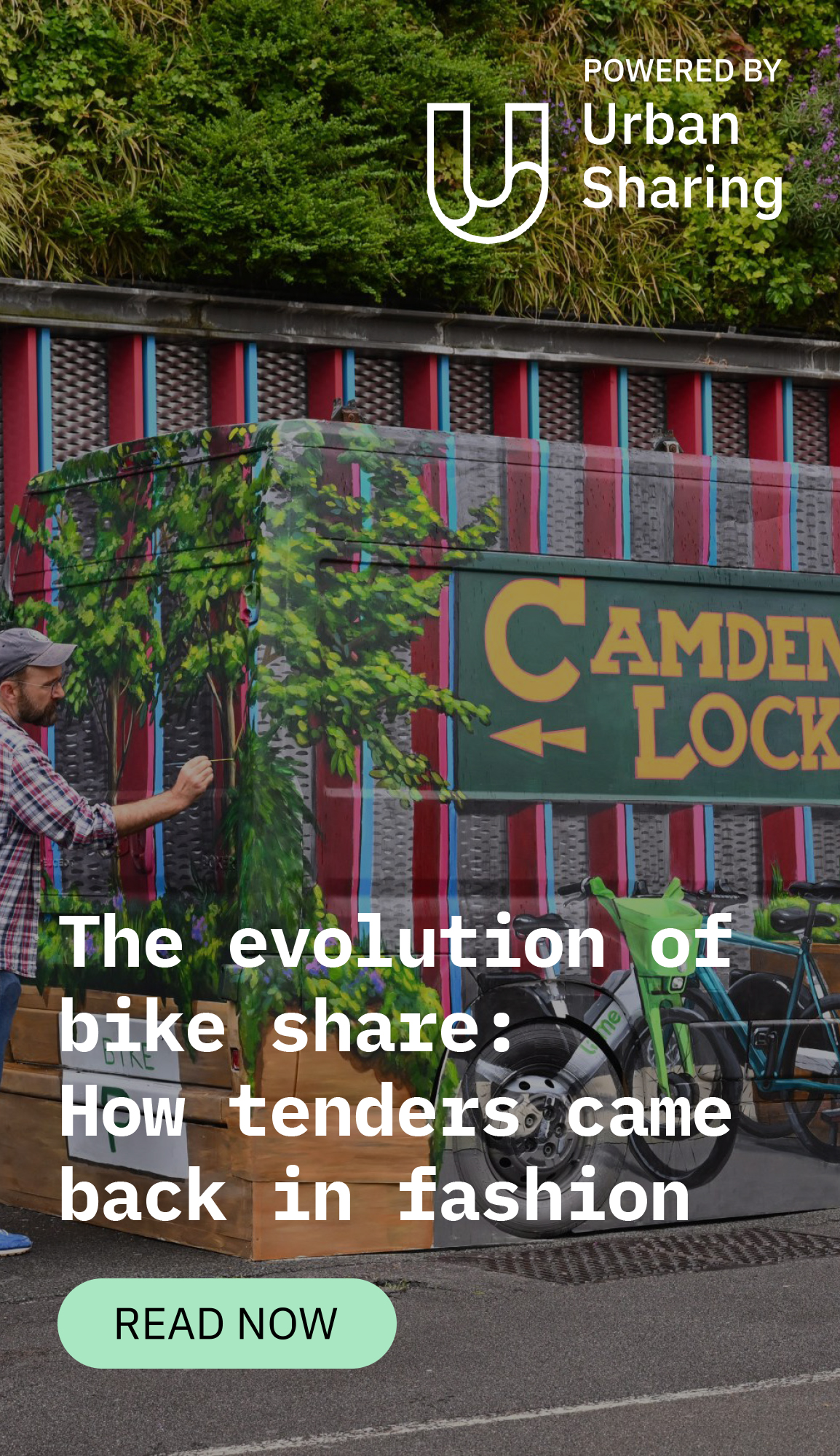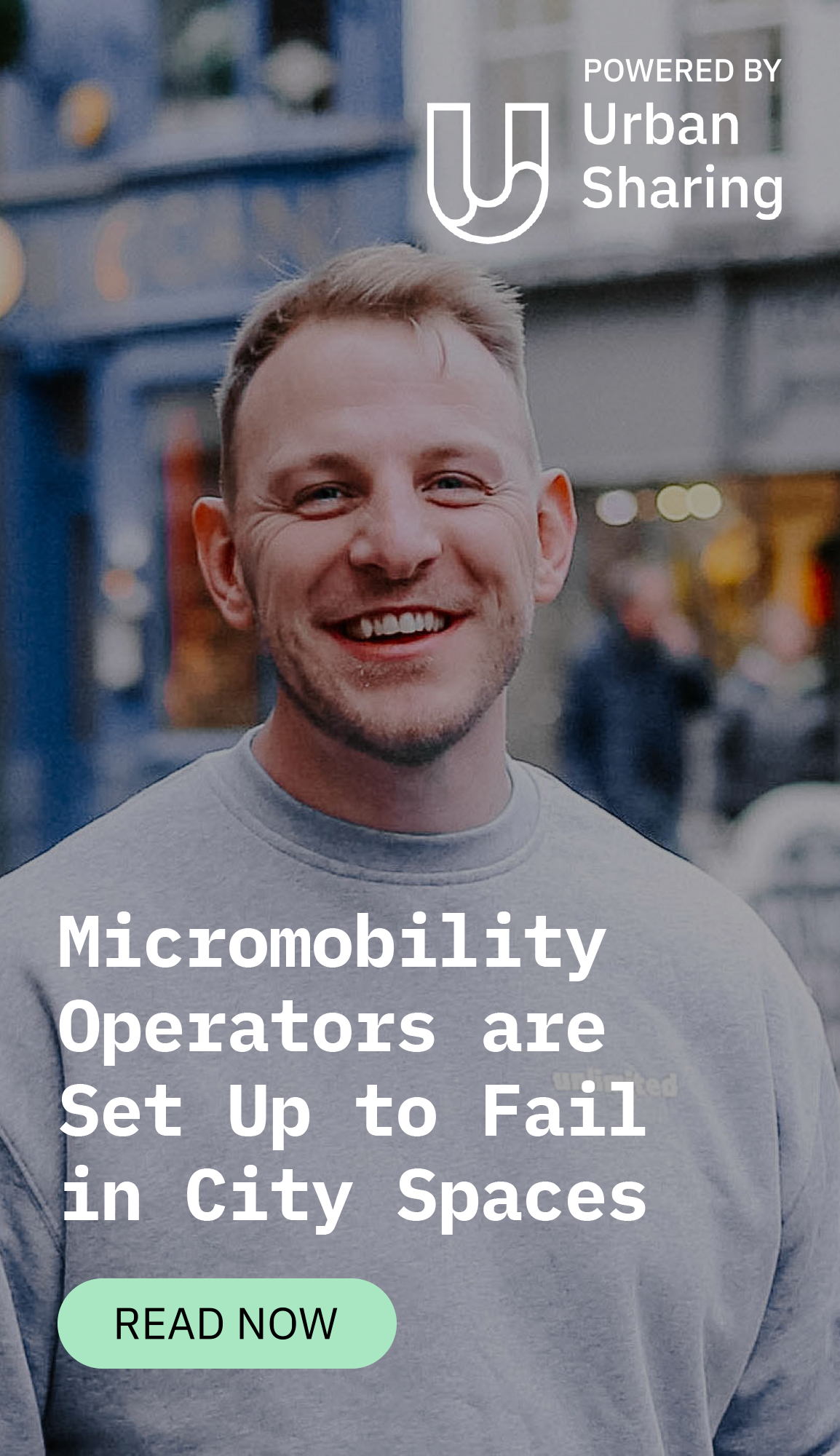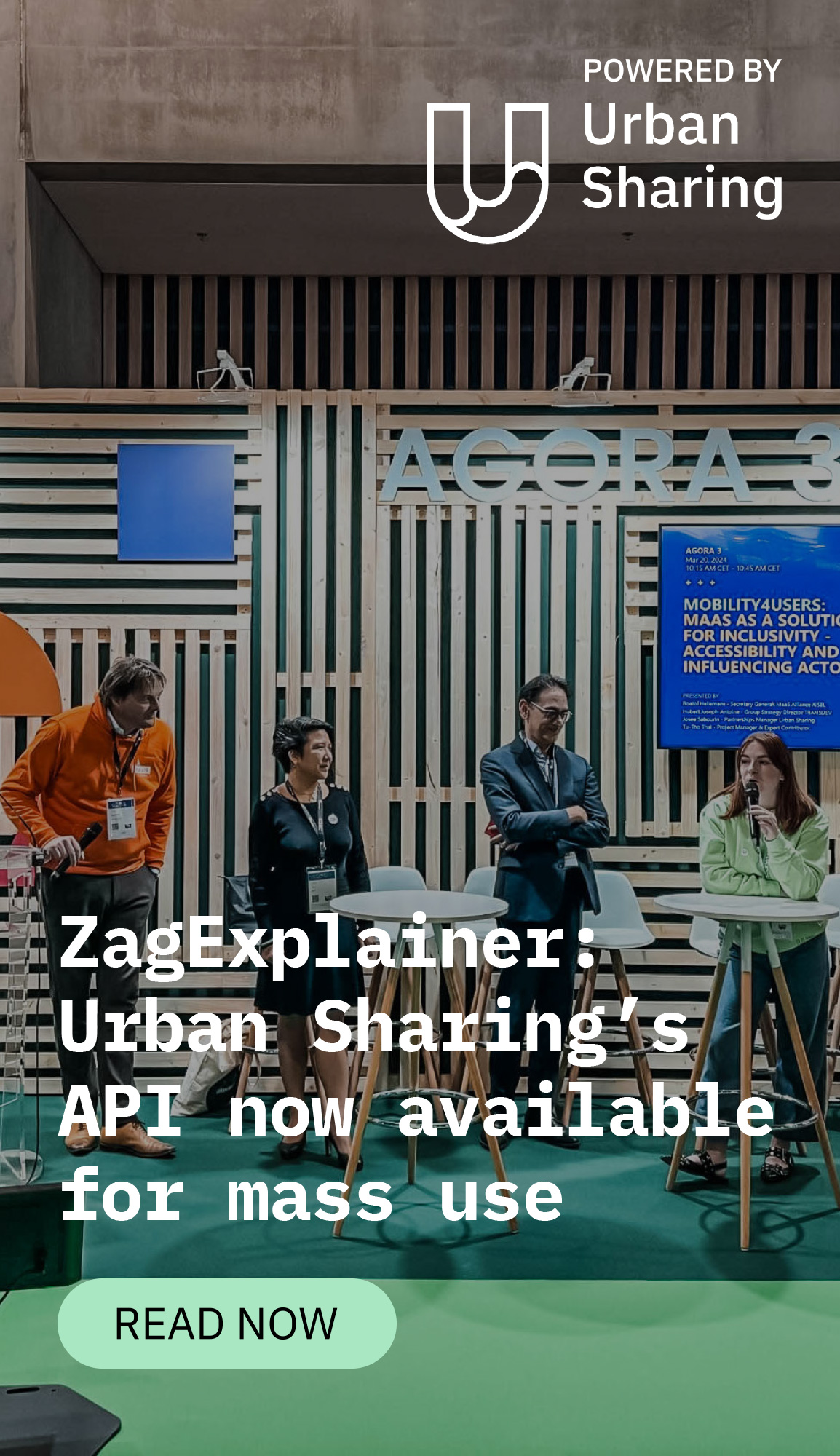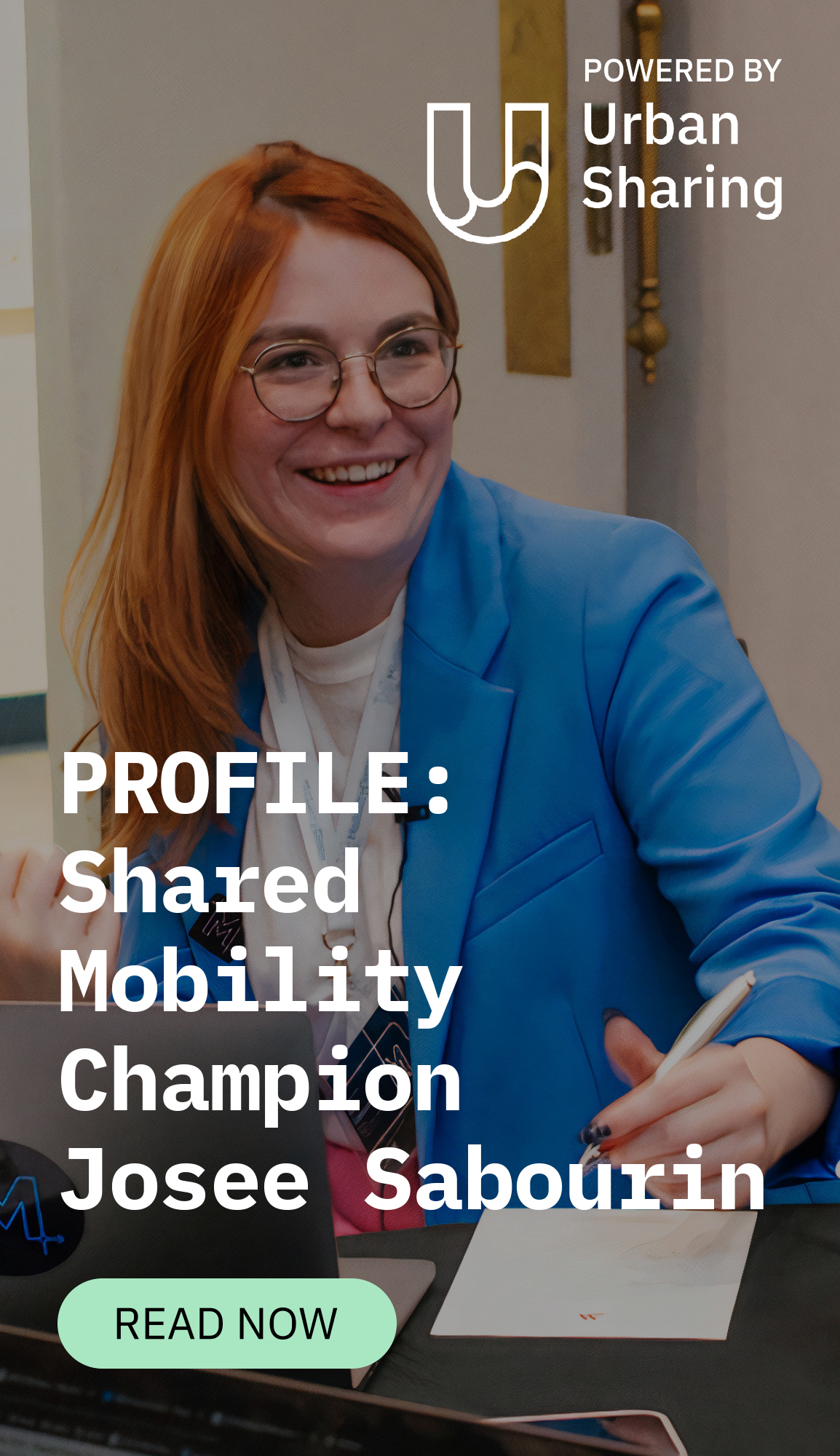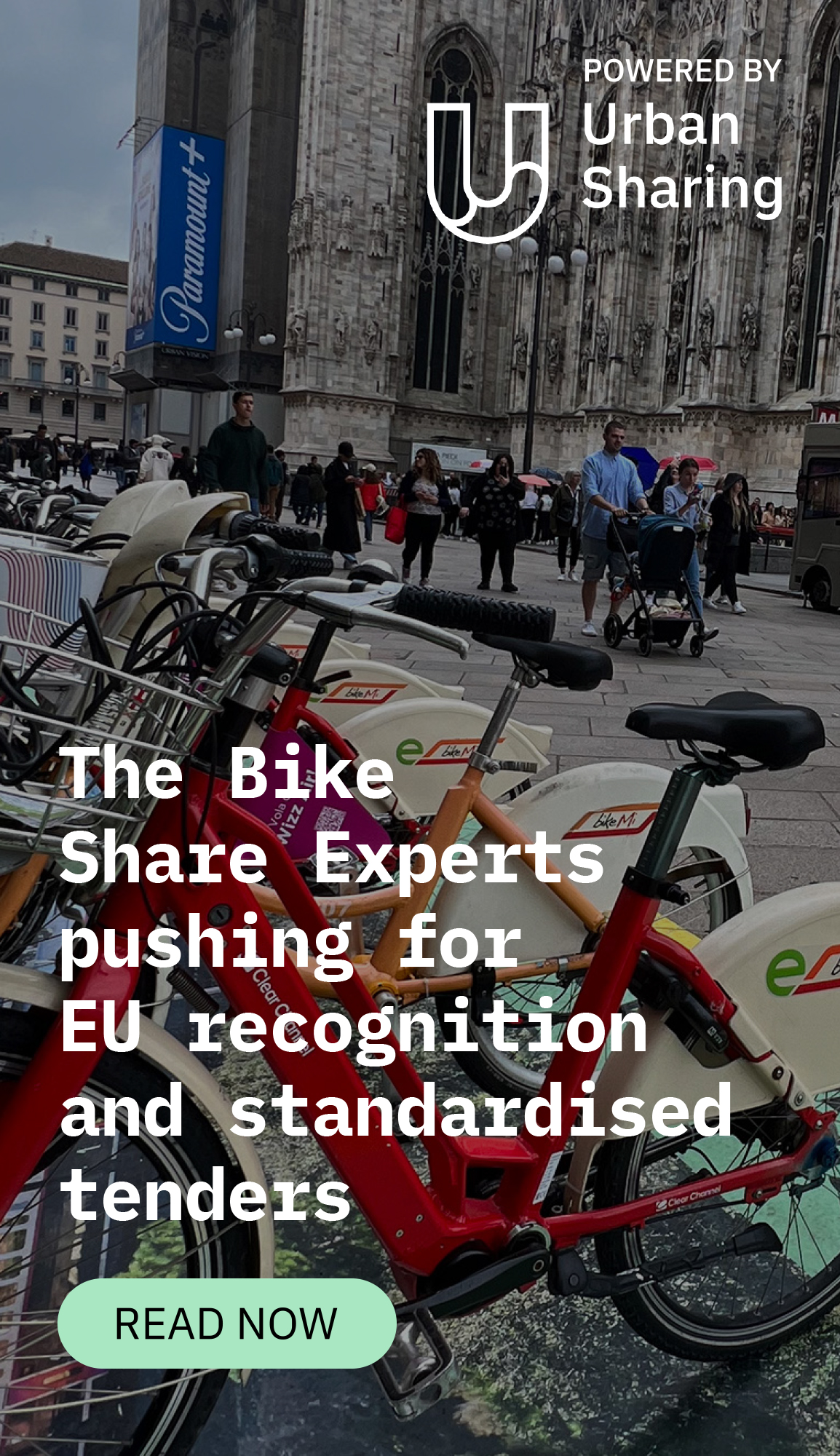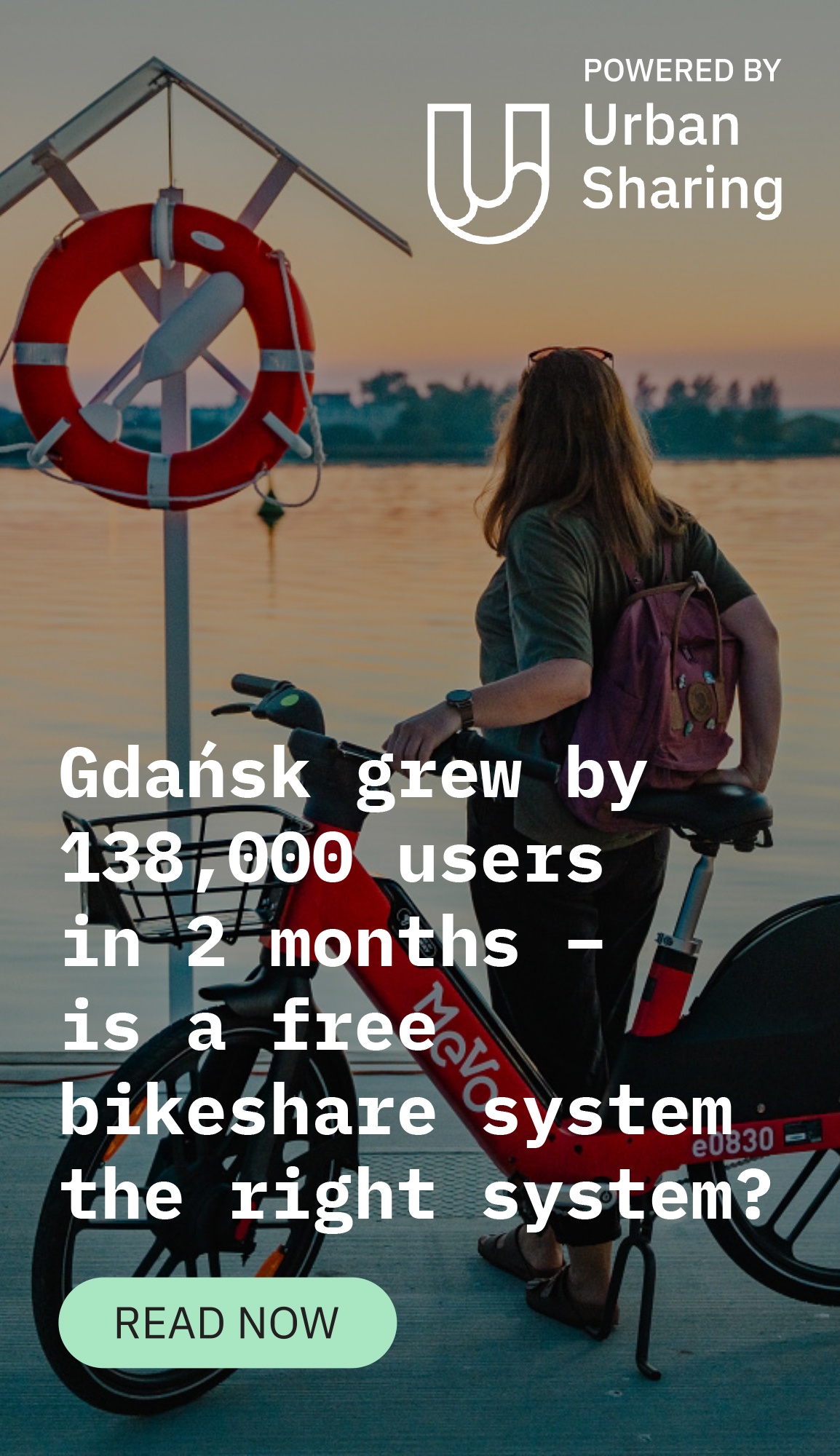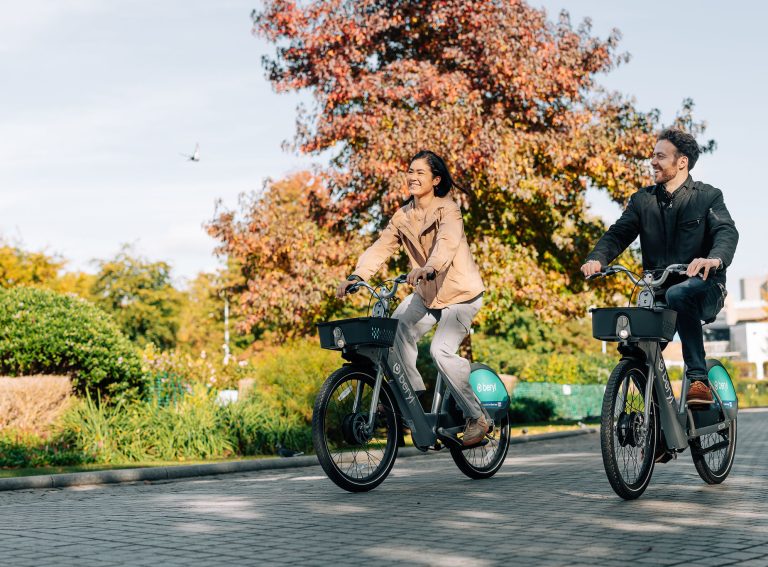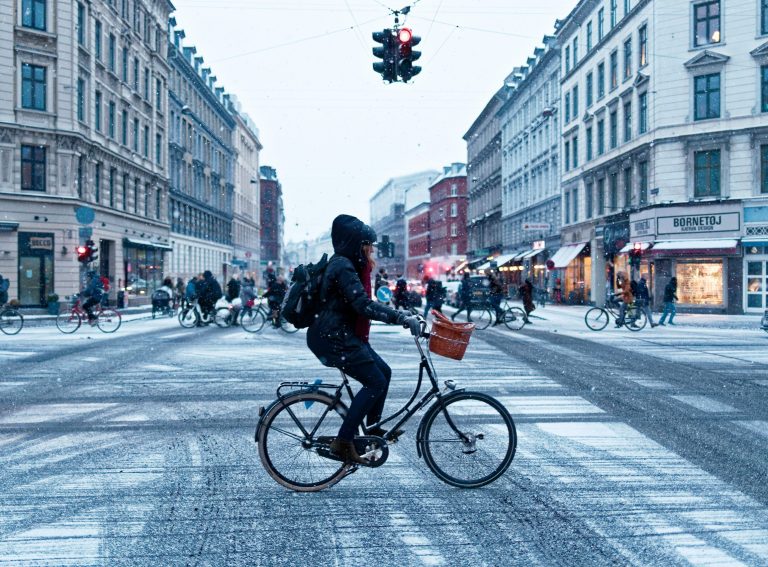Author: Georgia Yexley, UK Head of Cities, TIER Mobility
One of the few benefits that the UK and many other nations saw as a result of lockdowns was the dramatic improvement in air quality across many cities.
In April 2020, just a month into the UK’s first lockdown, there was a 27% reduction in the hourly levels of nitrogen dioxide across central London. Research has proven that this was down to traffic congestion being halved.
As the UK begins to open up, we need to make sure that we are not going backwards and that we can continue on this path of reducing our dependence on cars. This has been the fundamental aim of TIER since our inception.
We have been climate-neutral since January 2020 – leading the way for other operators – and working to ensure that our sustainability standards are respected across our partners as well. Last year our CEO and co-founder Lawrence Leuschner also pledged to donate 100% of any exit proceeds coming from TIER to Blue Impact, an investment vehicle for backing and supporting the next generation of impact entrepreneurs. It is acts like this which ensure the sustainability ethos we’re so proud of runs through the company, quite literally from the top to bottom.
Across the company, this shared passion has helped to shape our overall mission and promise; to change micro-mobility for good. To deliver meaningful sustainable change, we have learnt that it is a combination of our services that is needed to tackle the main problem: the car.
At TIER, we provide multiple micro-mobility alternatives from e-scooters to e-bikes and e-mopeds – as well as integrate with over 40 public transport authorities across Europe. It is through this joined-up multimodal approach where impact can really be made. Central to this is challenging the misconception that any single form of micro-mobility is inherently in competition with other modes.
E-scooters are framed as competition to cycling, when actually data has shown that 42% of e-scooter riders in one trial had never ridden a bike. Similarly, 35-50% of e-bike trips would have been made by car if an e-bike had been unavailable.
The introduction of e-bikes to our service in York has proven this. Data has indicated that rather than replacing TIER e-scooter trips, we have seen a new group of people embrace e-bikes, with the characteristics of TIER e-bike trips also very different to scooter trips.
Though there is still much to be done to ensure sustainable transport is adopted more widely. Ensuring services don’t only provide first and last mile solutions for commuters, but through dense networks and thoughtful distribution are helping people take green school runs, pop to the shops or visit their friends.
Our e-vehicle fleets hold the key to creating a true modal shift in transport which decreases the dependence on cars, with the timing perfect, as we begin to bounce back from the pandemic and build back better. However, like all micro-mobility operators, we know that with this challenge, there is a responsibility to ensure that we not only provide the safest of services but also one that is inclusive and accessible to all.
With this in mind, it’s worth stressing that we take a safety-first approach to our hardware, app, and policies, but no one has all the answers or can do it alone. As we have been expanding in more cities, what is clear is that collaboration is vital to success – and the launch of the three-operator service in London is already proving to be a great example of how collaborative work can generate a positive impact. With joint operator safety reviews and close working with TfL and DfT on wider transport data, we are able to get a much more detailed picture of e-scooter safety, both private and shared in the city.
At TIER, there’s a genuine drive to change mobility for good and every day I’m moved by the commitment of our team and the organisations we work with. It is with this collaborative mindset that we went to speak directly with communities that have been historically excluded from access to or decision making around sustainable transport. This mindset is also what led us to partner with national blind charity the Thomas Pocklington Trust – to pioneer a commitment to adding a sound alert to our scooters, heightening awareness of their presence amongst other road users.
Similarly, our recent event at Westfield was a chance to speak directly with people and allow them to test out our scooters in a controlled environment, helping to lower the barriers to access and provide assistance to those that need extra support in taking that first trip. We were also able to partner with the fantastic Rolltech team that support underserved young people gain access to employment, further highlighting how a community ethos can drive change.
It’s fantastic to see the UK emulating much of Europe with the launch of e-scooter trials, which if legislation goes ahead, will allow us to incorporate a comprehensive micro-mobility system providing a range of car-alternatives. It is an honour and a humbling experience to be a part of this moment in our cities’ evolution. Micromobility has a huge promise to fulfil, and we can get there if we focus on delivering safety and sustainability, crucially, for all communities.

